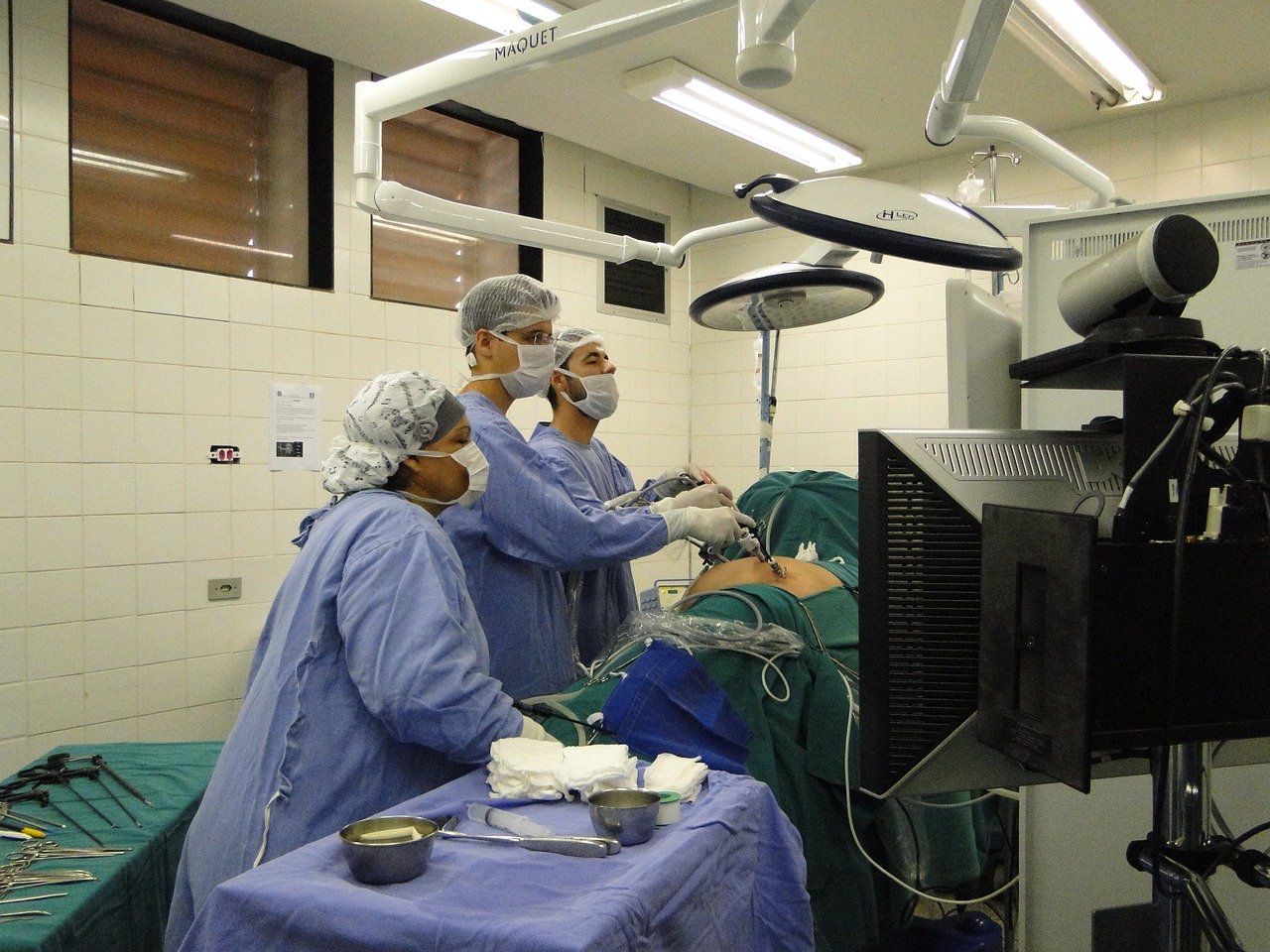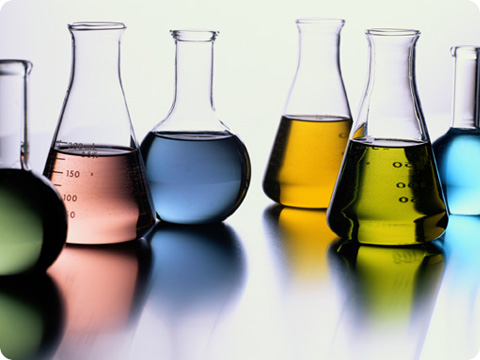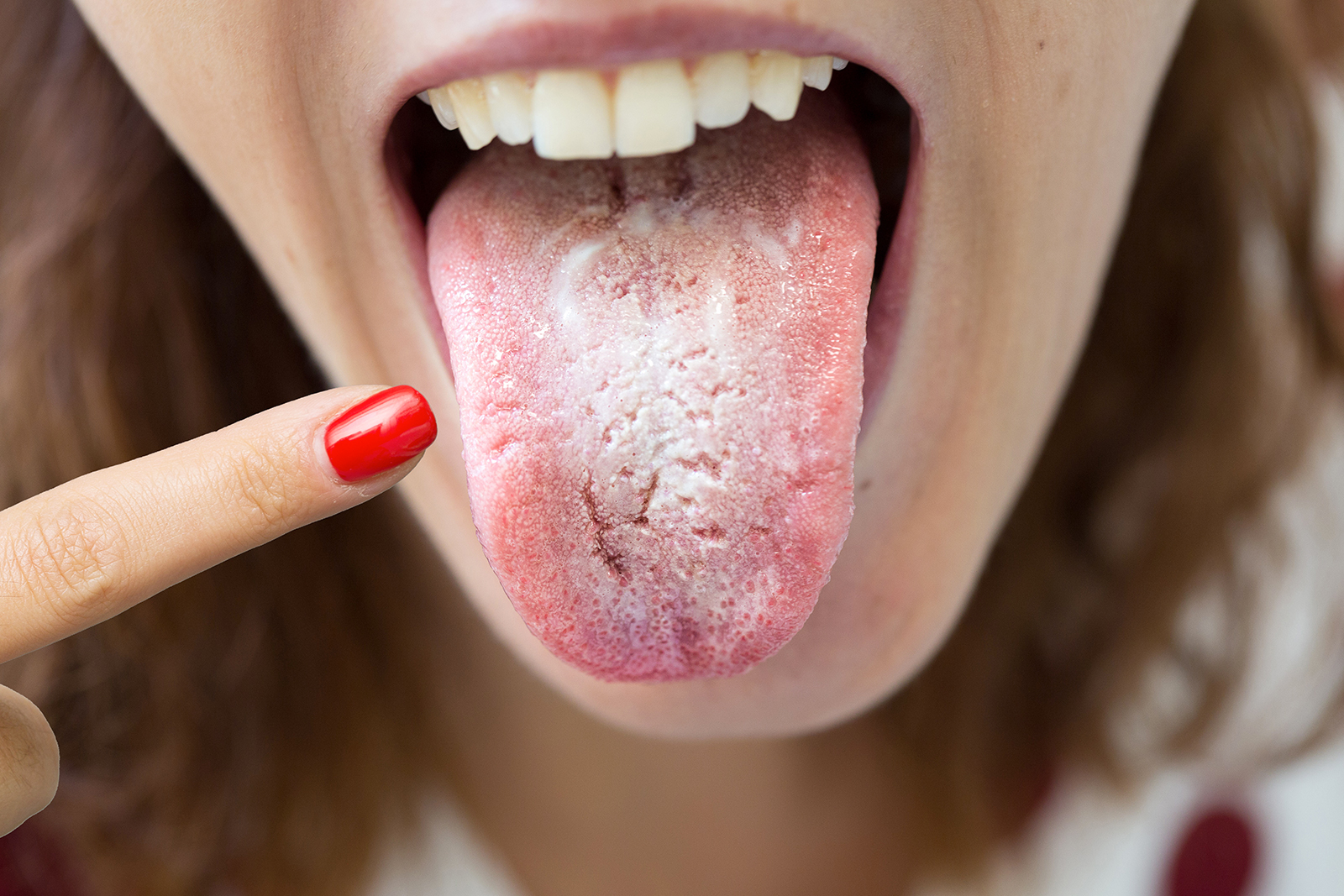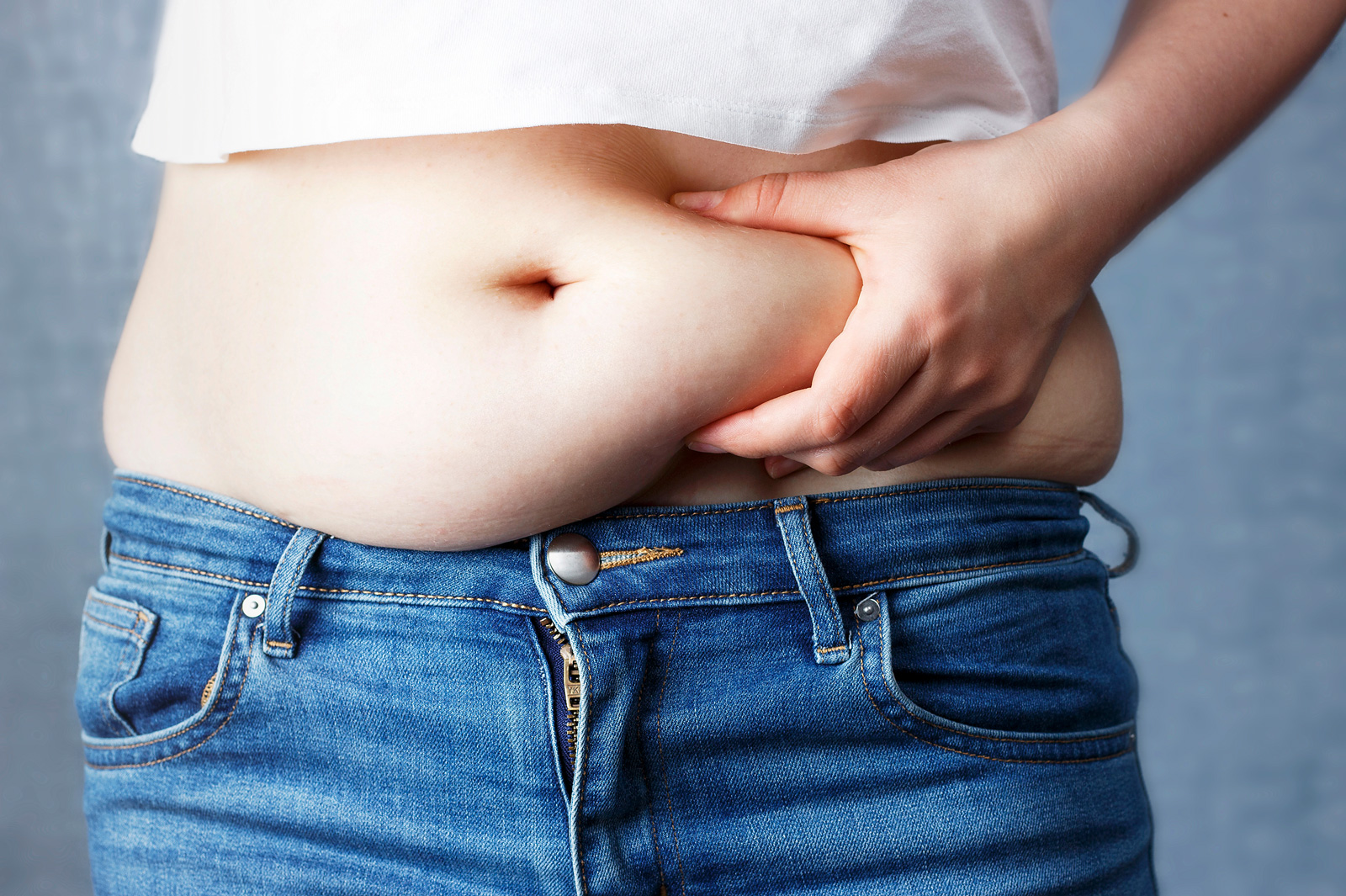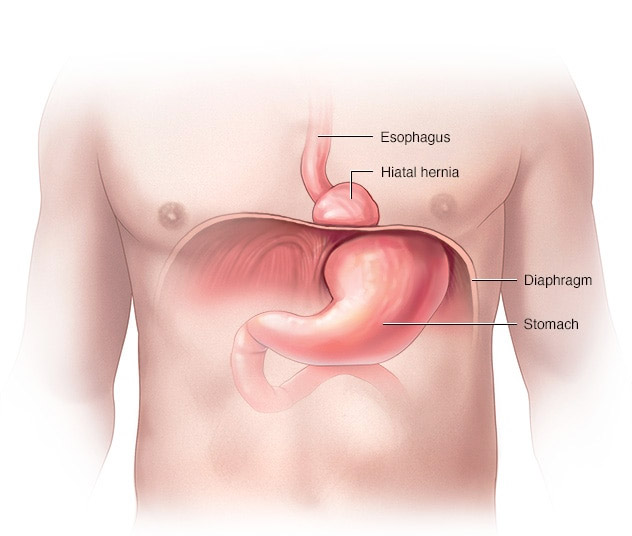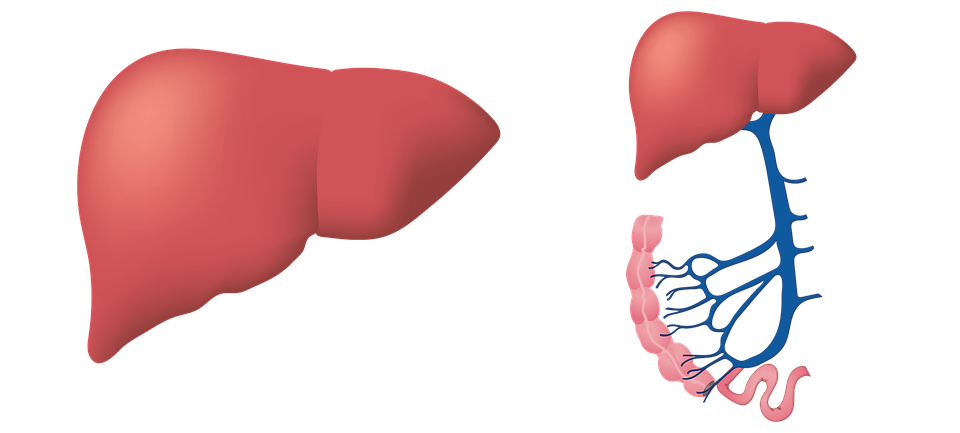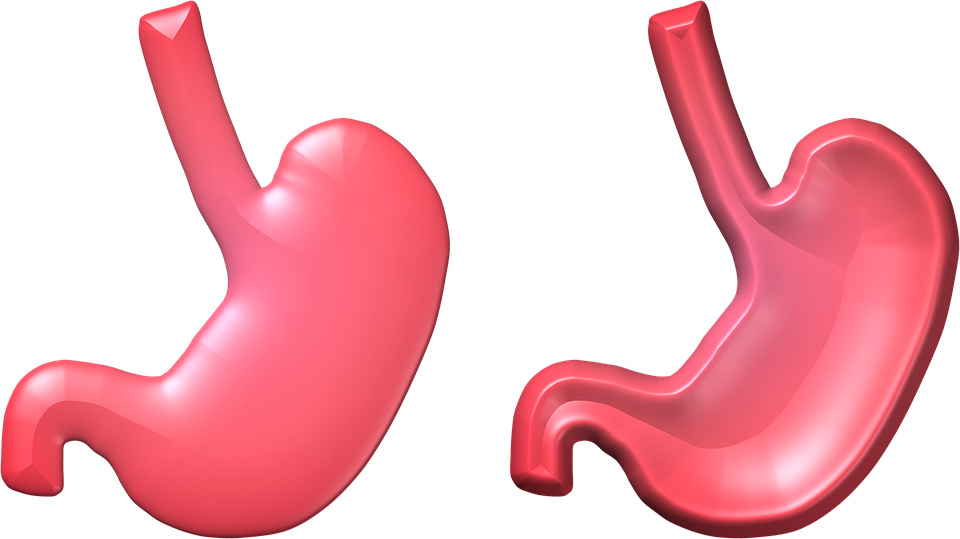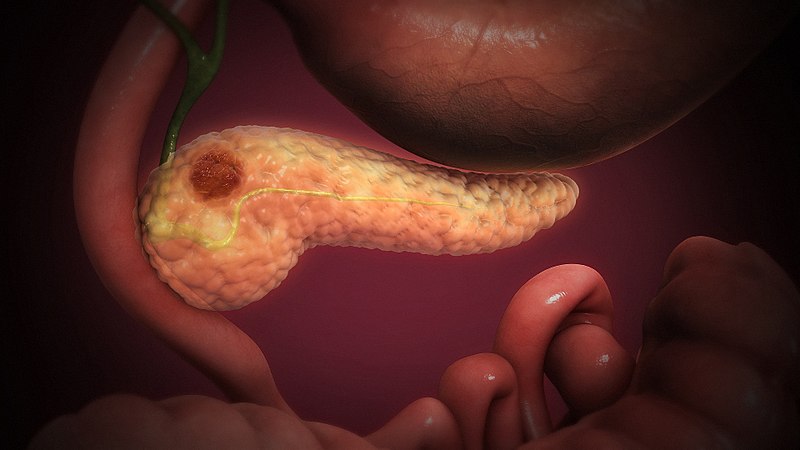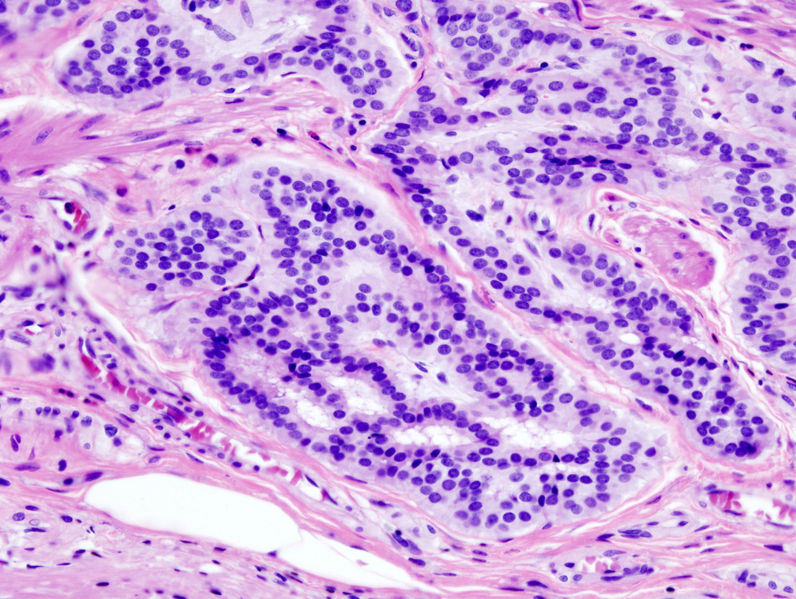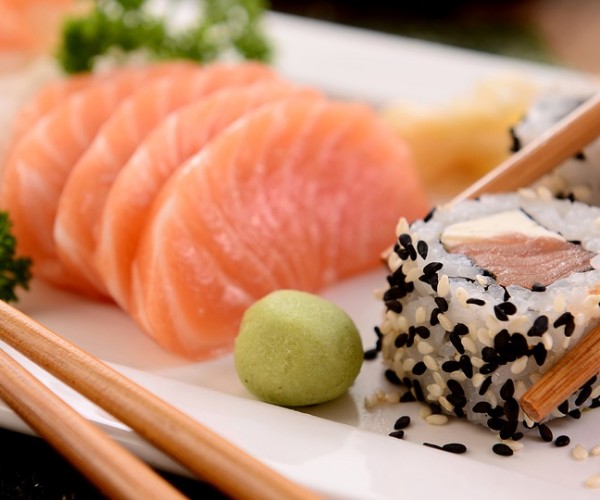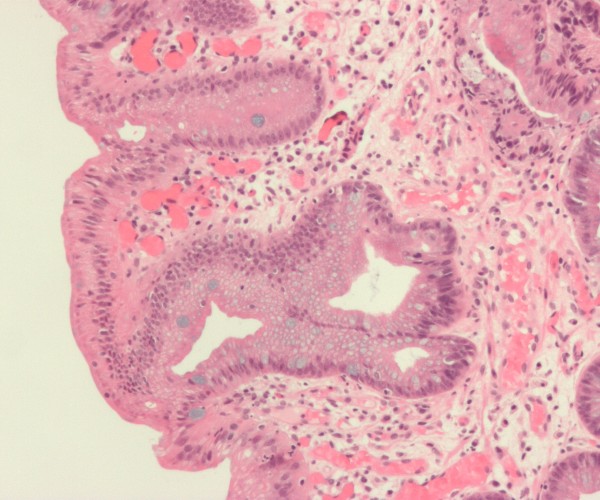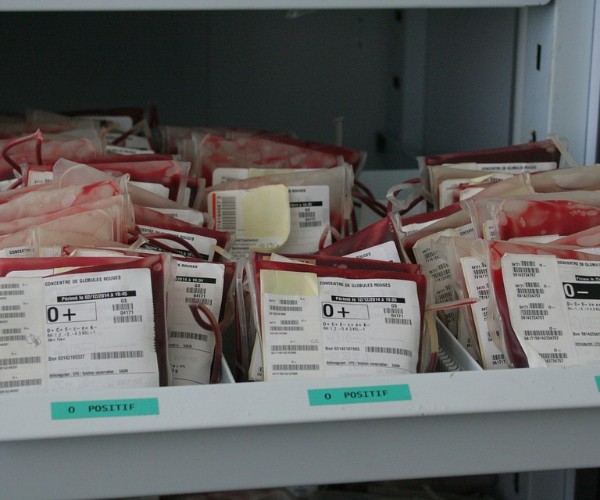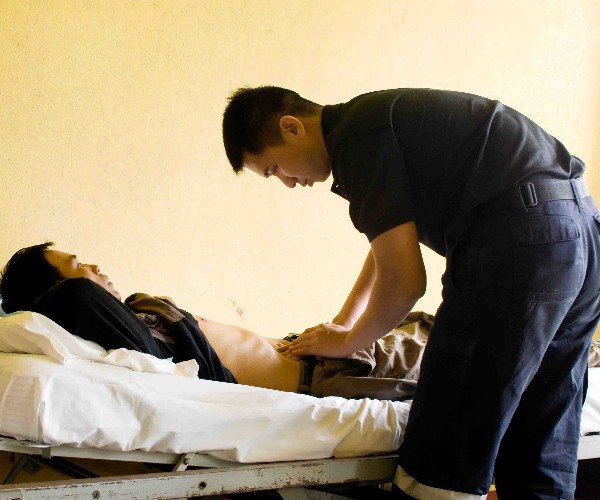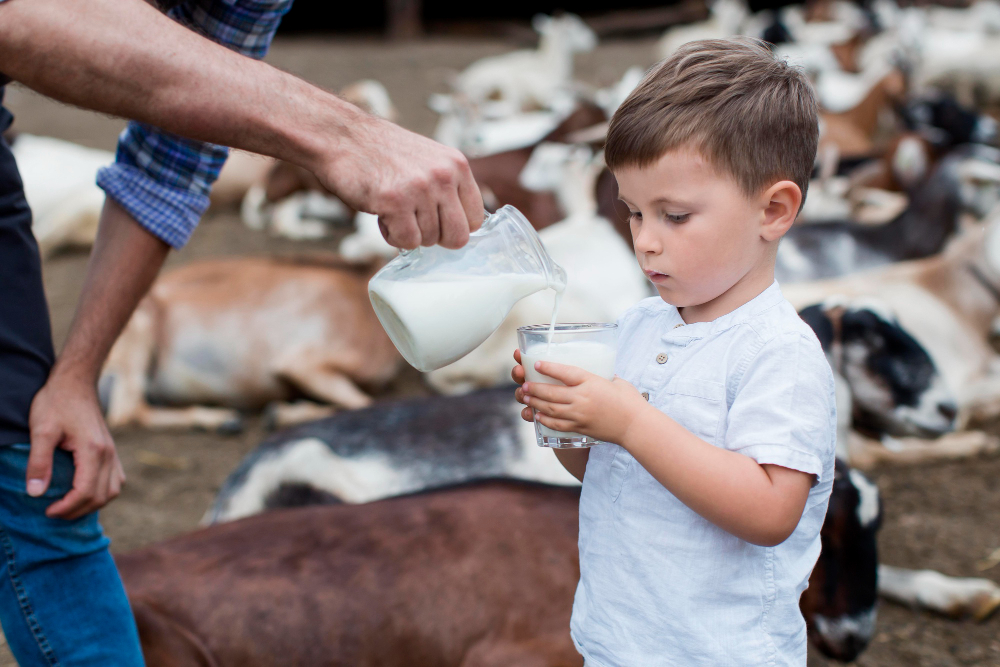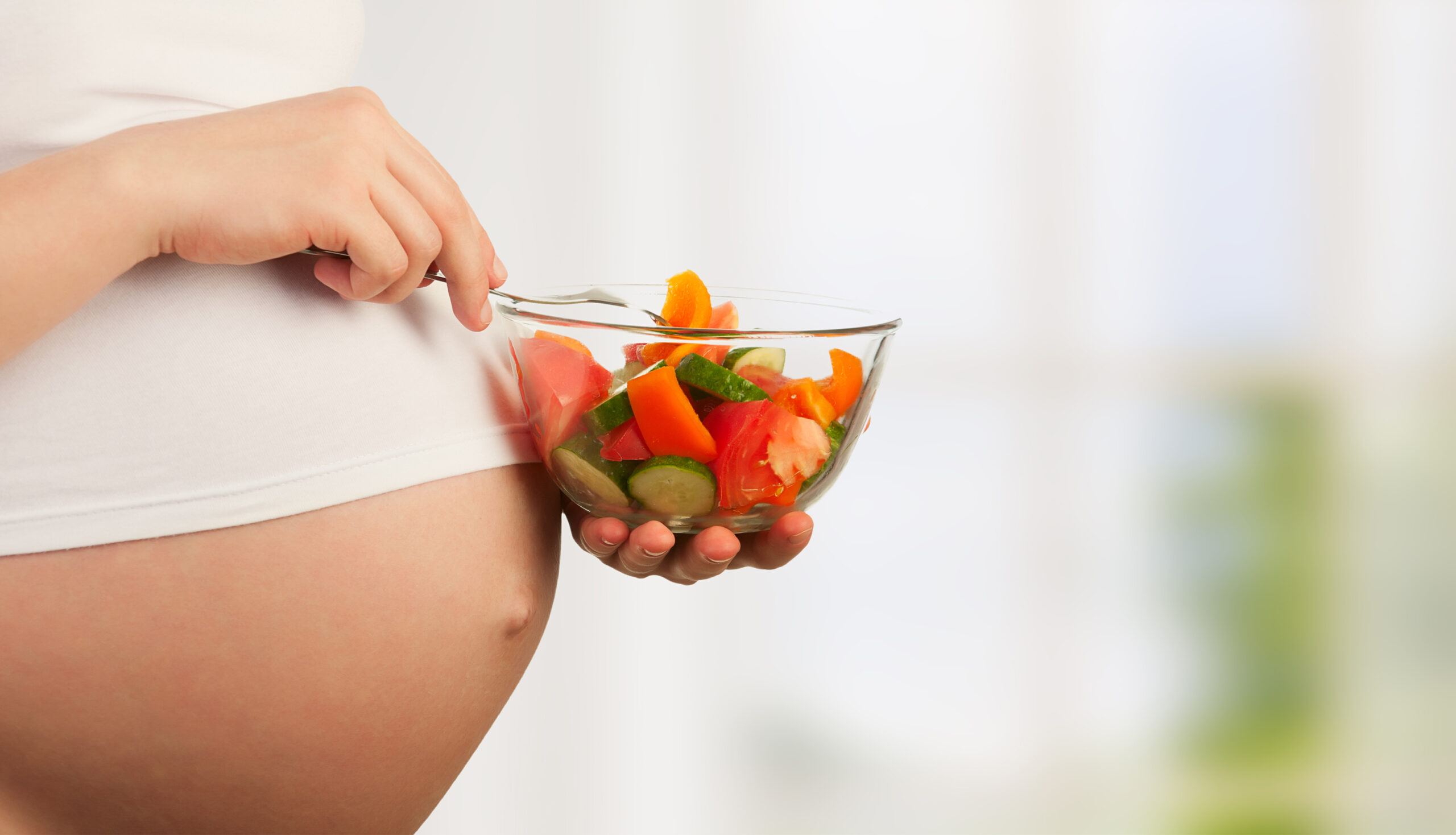It is now proven that too much sugar, meat and refined foods increase our risk of getting sick, while whole grains and vegetables protect us.
But what kind of diet can be recommended for a cancer patient? Guidance and guidelines on diet and lifestyles to be maintained, echoing those of the European Code Against Cancer and drawing on studies on the effects of diet on the prevention, progression and treatment of the disease.
What kind of diet can one recommend, then, to a cancer patient based on what is known today-keeping slim and proven that those who are overweight get sicker and if sick have a harder time getting well.
Particularly dangerous seems to be the fat deposited inside the abdomen so it is important to keep slim but especially that the waist circumference is not more than 80 88 cm in women 94-102 in men a calorie restriction without maintenance of about 25 -30% fewer calories chest to an ad libitum diet instead prolongs life and reduces the incidence of cancer in animals in the case of cancer patients however caloric restriction is not enough if it is not also associated with protein restriction of course it remains that you are sick and undernourished you need to feed it which is sometimes difficult because advanced cancers often cause anorexia the weight loss of cancer patients would depend mainly on the production of inflammatory substances by the tumor as we will see later with diet however much can be done to reduce this state do exercise another knowledge repeatedly confirmed and whoever does exercise gets sick less and that sick people who exercise have a better prognosis it is therefore recommended to take a brisk walk every day for at least 30 consecutive minutes or and an hour of gym or sports at least every other day keep your blood sugar low high blood sugar is also a risk factor to keep it low you need to avoid refined flours 00 and 0 white bread Commercial sweets potatoes white rice corn flakes white rice cornflakes very sugary fruits avoid sugar glucose and fructose syrup and get used progressively agustin less sweets also avoid foods high in saturated fats red meats cold cuts and cheeses instead eat whole grains regularly better if combined with gummy vegetables seeds and oil fruits keep insulin low in addition to foods with low glycemic index it is best to avoid milk even skim milk that raises insulin keep low Growth factors avoid milk and avoid Foods very rich in protein especially animal but also plant proteins such as legumes although present in every meal should be consumed in moderation there are no contraindications even for moderate consumption of traditional of soy miso tofu tempeh keep inflammation levels down promote inflammation all animal foods except fish preferably small fish because large fish are much more polluted on the other hand have anti-inflammatory action whole grains and many other plant foods especially those containing omega 3 fats flaxseed soybeans wild herbs onions and apples and in general to vegetables with the exception of solanaceae tomatoes eggplants and peppers that are best avoided it is prudent also to avoid Foods rich in polyamines substances essential to cell proliferation. Tomatoes eggplants peppers citrus fruits bananas and kiwis and tropical fruits there are increasing indications instead that short periods of fasting i.e., a couple of days a week can increase the effectiveness of cancer therapies in summary therefore we can say that the recommendations coincide with those for cancer prevention of the World Cancer Research Fund that today have been taken up by the European Code Against Cancer although with the clarifications seen regarding some fruits and vegetables to be avoided.



